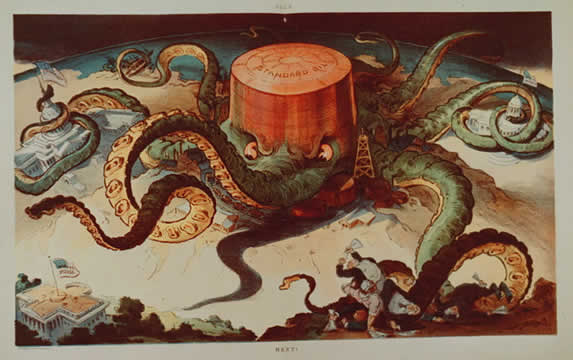

The Pack contains associated resources for the learning experience, typically in the form of articles and videos. There is a teacher Pack (with only teacher information) and a student Pack (which contains only student information). As a teacher, you can toggle between both to see everything.
Here are the teacher pack items for Muckrakers and Reform Leaders:


Overview In this experience, students are introduced to muckraking journalism and the reform movement of the Progressive Era. First they focus on prominent muckrakers and reformers. Next, they learn about the Pure Food and Drug Act of 1906 as a prime example of Progressive Era reform that had a lasting impact. Finally, they ponder the topic of investigative journalism itself. Objectives
The Progressive Era instituted reforms that still affect American society today. You’ll learn about them in this experience.
Objectives

Muckrakers played an important role in society. How do you think American citizens felt about muckrakers?
Read more about
Why is the octopus symbol effective in communicating this cartoon’s message?
Possible reasons why the octopus symbol is effective:
If students are interested in additional information about muckrakers, direct them to the additional article Muckrakers (Optional) in the Student Pack.
